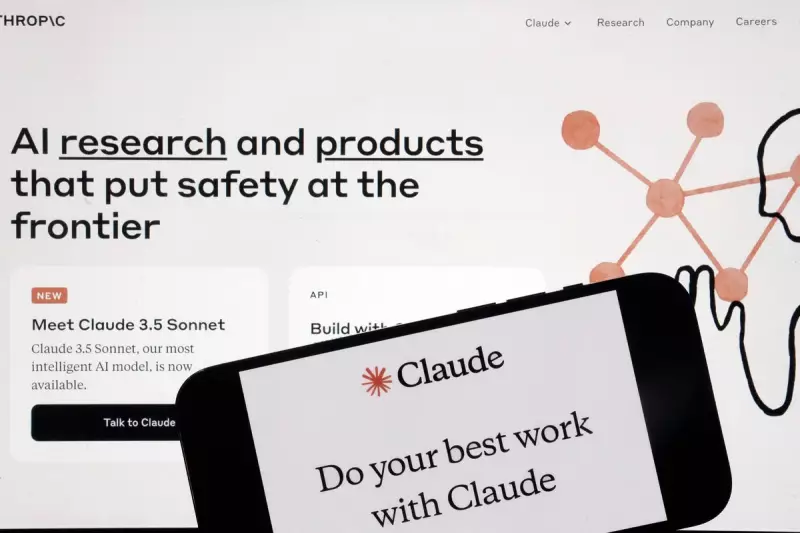
San Francisco's streets are set to become a living laboratory for the future of transport, as California regulators have given the green light for a massive expansion of autonomous vehicle services. The California Public Utilities Commission (CPUC) has voted to grant both Cruise and Waymo permission to operate their paid robotaxi services across the city 24 hours a day, 7 days a week.
A Landmark Vote for Autonomous Technology
The CPUC's decision, reached after a six-hour public hearing, represents the most significant regulatory approval for self-driving cars to date. This move effectively transforms San Francisco into the first major city where fleets of driverless cars can charge fares for rides at all times, moving beyond limited free-testing programmes.
The vote was not without controversy, however. The hearing was punctuated by passionate arguments from both supporters and opponents of the expansion.
Safety Concerns and Public Outcry
Emergency officials and some residents voiced strong objections, citing numerous incidents where driverless cars have reportedly disrupted critical services. Firefighters and police officers testified that autonomous vehicles have blocked narrow streets, inadvertently run over fire hoses, and even refused to move for emergency vehicles.
One particularly vocal opponent, the San Francisco Fire Department, documented over 55 such incidents where Cruise vehicles interfered with emergency operations. These concerns led to a last-minute request from the city's transportation authority to delay the vote pending further safety review.
The Case for Progress
Proponents, including representatives from the tech and business communities, argued that the expansion is a crucial step forward for both safety and innovation. They highlighted data suggesting autonomous vehicles are involved in fewer collisions than human drivers and emphasised the potential to reduce drunk driving and provide new mobility options for the elderly and disabled.
"This is a fundamental choice about the future of our city," one supporter remarked during the hearing, framing the decision as one between embracing progress or clinging to the status quo.
What the Decision Means for San Francisco
The approval grants Waymo, owned by Alphabet Inc., and GM-backed Cruise the ability to:
- Charge fees for rides in their autonomous vehicles at any time of day or night
- Expand their fleets without any pre-set caps on the number of vehicles
- Offer passenger service throughout the entire city limits
- Operate in most weather conditions, including light rain and fog
This decision cements San Francisco's position as the undisputed testing ground for autonomous vehicle technology. The eyes of the world will now be on the city as it navigates this new era of transportation, balancing the promise of technological innovation with very real public safety concerns.
The CPUC has stated that it will maintain oversight and the ability to scale back the permits if significant safety issues emerge, ensuring that this robotaxi revolution will proceed under careful watch.





